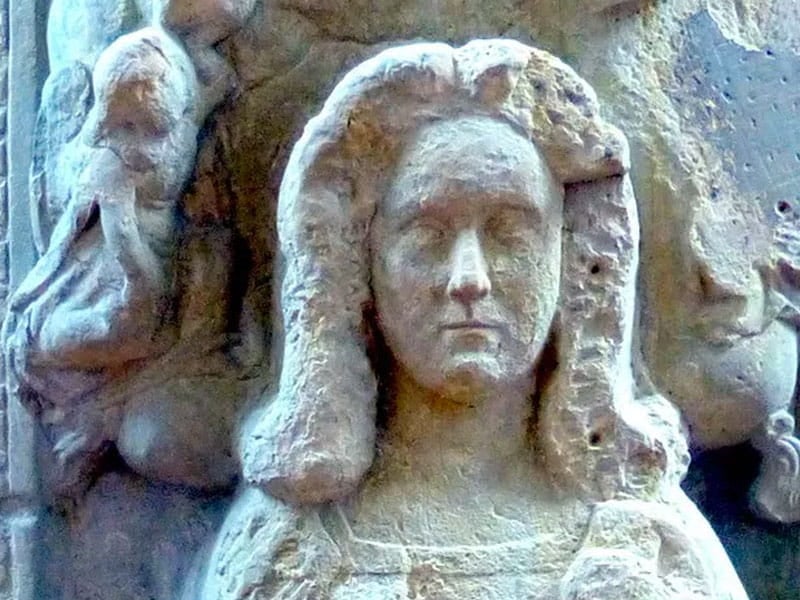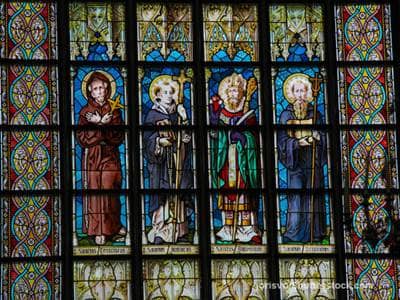Blessed Jutta of Thuringia (d. 1264?)

Today's patroness of Prussia began her life amidst luxury and power but died the death of a simple servant of the poor.
In truth, virtue and piety were always of prime importance to Jutta and her husband, both of noble rank. The two were set to make a pilgrimage together to the holy places in Jerusalem, but her husband died on the way. The newly widowed Jutta, after taking care to provide for her children, resolved to live in a manner utterly pleasing to God. She disposed of the costly clothes, jewels and furniture befitting one of her rank, and became a Secular Franciscan, taking on the simple garment of a religious.
From that point her life was utterly devoted to others: caring for the sick, particularly lepers; tending to the poor, whom she visited in their hovels; helping the crippled and blind with whom she shared her own home. Many of the townspeople of Thuringia laughed at how the once-distinguished lady now spent all her time. But Jutta saw the face of God in the poor and felt honored to render whatever services she could.
About the year 1260, not long before her death, Jutta lived near the non-Christians in eastern Germany. There she built a small hermitage and prayed unceasingly for their conversion. She has been venerated for centuries as the special patron of Prussia.
-
St. Francis Solano (1549-1610)
-
Blessed Joachima (1783-1854)
-
St. Conrad of Piacenza (1290-1350)
-
St. Hilarion (c. 291-371)
-
St. Frances of Rome (1384-1440)
-
St. Hilary (315?-368)
-
Servant of God John of Monte Corvino (1247-1328)
-
St. Elizabeth Ann Seton (1774-1821)
-
St. Cyril of Jerusalem (315?-386)
-
Blessed James Oldo (1364-1404)


